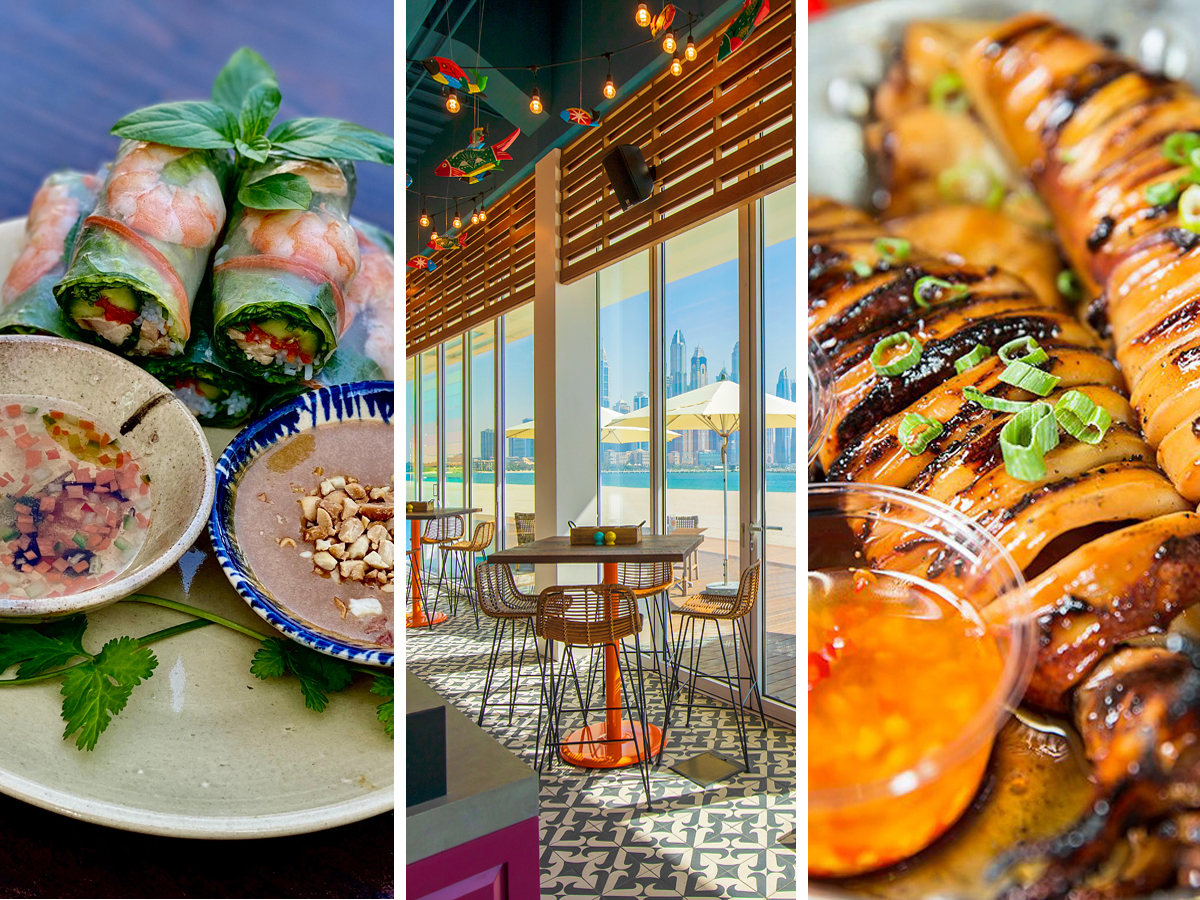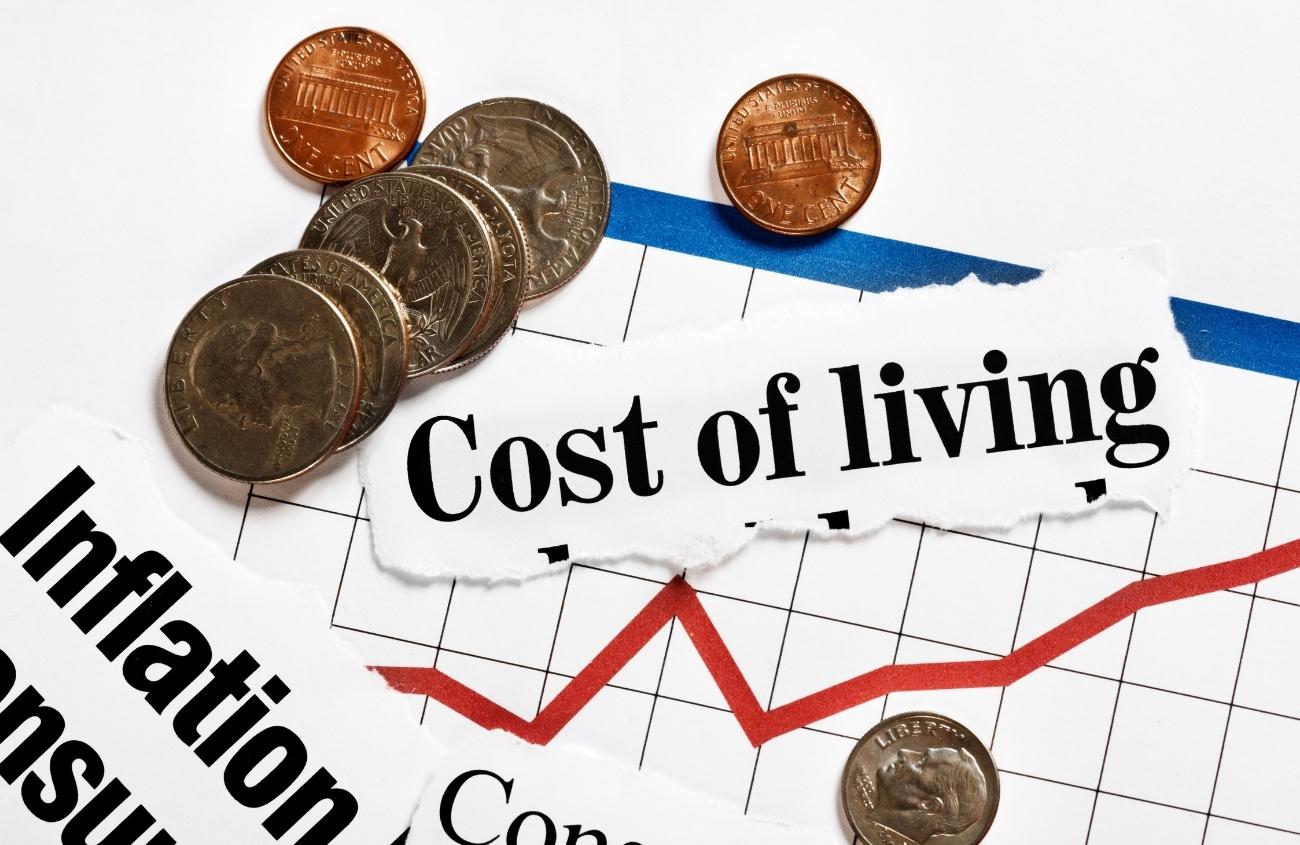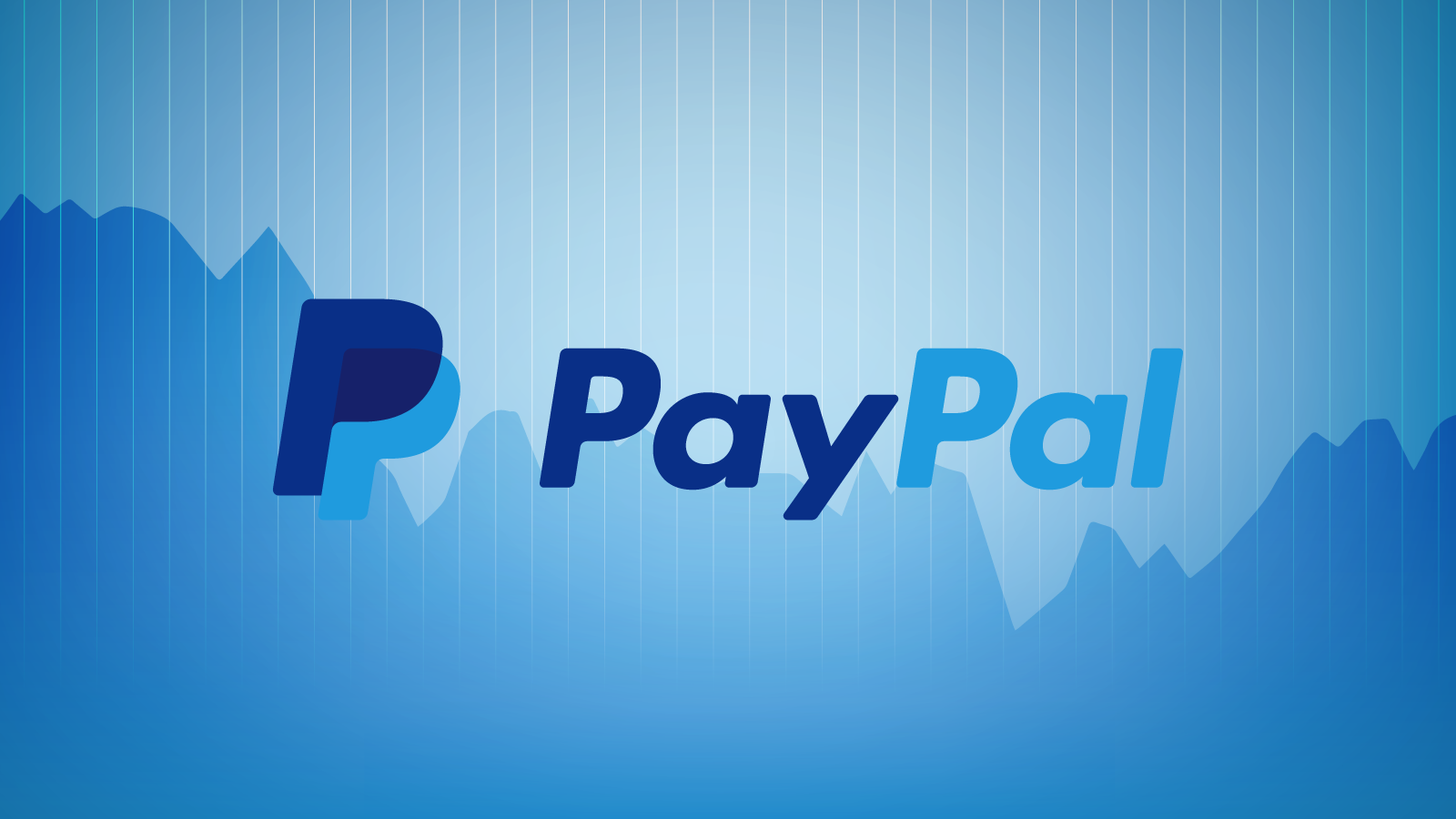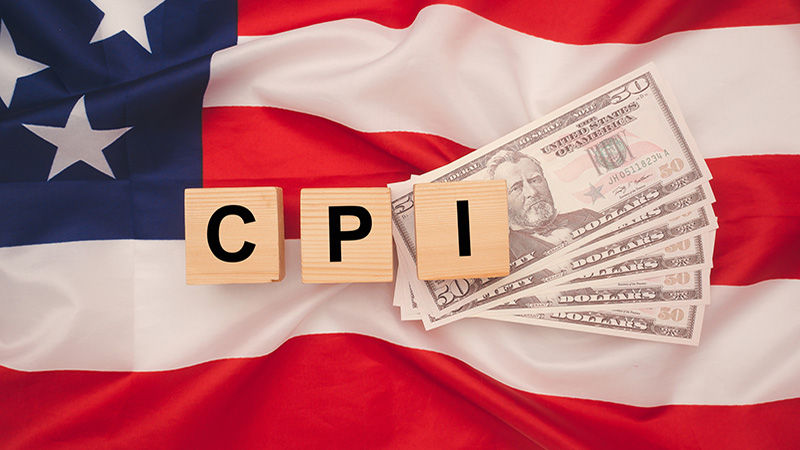What Social Listening Reveals About Inflation’s Impact on Dining Choices

Summary
Inflation is reshaping not just what consumers eat, but how they decide where and how much to spend—conversations that are happening in real time on social media. Traditional research methods can lag behind these rapid behavior shifts, but social listening combined with AI-driven analytics provides QSR and food brands with an immediate window into consumer priorities, price sensitivity, and value perceptions. From spotting early complaints about portion sizes to identifying the most effective promotions, brands that act on these digital signals can proactively adjust pricing, loyalty programs, and messaging to maintain loyalty and competitive advantage. By treating inflation as a strategic moment rather than a challenge, companies can turn economic pressure into actionable intelligence, protecting both margins and customer relationships.
Introduction
Industries are undergoing a seismic shift in how they understand consumer behavior, and nowhere is this more visible than in the food and beverage sector. Rising inflation has fundamentally reshaped how people make dining decisions—what they eat, where they eat, and how much they’re willing to spend. In the QSR (Quick Service Restaurant) industry, this shift is happening in real time on social platforms, where consumers share unfiltered opinions about prices, value, and perceived fairness.
For decades, traditional market research relied on structured surveys and quarterly reports to understand consumer purchasing behavior. But in an inflationary environment, those signals arrive too late. Price sensitivity is no longer a theoretical economic concept—it’s a daily conversation happening on TikTok, Instagram, Reddit, and food review platforms. Diners aren’t just reacting to inflation; they’re documenting their experiences, comparing brands, and reshaping demand patterns in real time.
Social media conversations reveal how consumers adapt when their budgets tighten: skipping premium add-ons, trading full meals for snacks, prioritizing discounts and loyalty offers, or shifting to lower-priced competitors. These behavioral signals can’t be captured with static data alone. This is where RILA Global Consulting comes in—using advanced social listening and AI-driven analytics to turn these conversations into strategic intelligence for QSR and food brands.
From Traditional Research to Always-On Listening
Traditional research has always provided useful insights—annual reports, surveys, and focus groups helped brands understand market trends. But in times of rapid economic change, like inflationary periods, those insights can quickly become outdated. Consumers adapt their behavior within days or even hours, not months. Brands relying solely on traditional research risk reacting after the fact.
More than 80% of consumers now research, discuss, or share opinions about food brands online before making a dining decision. These conversations reflect how people perceive menu prices, promotional offers, and portion sizes. A minor price increase can spark heated debates, while well-timed value bundles can generate waves of positive sentiment.
Without continuous listening, QSR and food brands risk:
- Missing early warning signs of pricing frustration.
- Overlooking which menu items are most affected by budget constraints.
- Responding too late to inflation-driven behavior shifts.
- Misaligning promotional strategies with actual consumer sentiment.
- Falling behind competitors who act on real-time intelligence.
A national sandwich chain spotted a surge in social chatter around “shrinking portion sizes” long before formal complaints emerged. Real-time listening allowed the brand to adjust its value positioning and bundle pricing proactively—preventing a potential loyalty drop-off.]
Why Social Listening Matters Across Industries
Social listening provides something that no quarterly report can: a real-time view of how inflation is changing consumer priorities. Instead of relying on delayed sentiment data, brands can see how people talk about price increases, perceived value, and dining alternatives as it happens.
- In QSR and food, social chatter reflects how consumers navigate rising costs—whether they shift to cheaper combo meals, use loyalty programs more often, or cut back on frequency altogether.
- In retail, listening reveals how consumers reprioritize essentials and trade down on non-essentials.
- In beverage, it highlights which promotions resonate most when budgets are tight—often revealing regional or demographic differences.
One coffee chain noticed a significant uptick in posts about “cutting daily coffee budgets” during a period of high inflation. Instead of discounting heavily, they introduced tiered pricing, limited-time offers, and loyalty bonuses targeted at budget-conscious segments. This approach retained customers while protecting margins.
Takeaway: Inflation doesn’t just impact sales numbers—it changes how consumers think, talk, and act. Brands that monitor these shifts in real time can adjust pricing, messaging, and offers with precision—turning economic pressure into strategic opportunity.
The Role of Market Research + Social Data
Traditional market research brings rigor and structure. Social listening adds immediacy and emotional context. When combined, they give QSR and food brands the power to see both the *what* and the *why* behind inflation-driven behavior shifts.
RILA Global Consulting helps brands integrate these two approaches to:
- Identify inflation-driven dining trends before competitors.
- Understand which price points trigger resistance or acceptance.
- Detect changes in loyalty program engagement and promotional effectiveness.
- Track competitor pricing perceptions through consumer conversations.
- Map how inflation impacts the entire dining journey—from craving to checkout.
A fast-casual restaurant noticed declining participation in its rewards program during an inflation surge. Traditional data only showed lower spending. Social listening uncovered why: customers felt “the rewards aren’t worth it anymore.” This insight led to a rewards redesign with better perceived value, reversing the downward trend within weeks.
RILA in Action: Turning Signals into Strategy
A leading QSR brand faced mounting online frustration over rising combo meal prices. Competitors quietly adjusted menus, hoping the storm would pass. This brand, however, partnered with RILA Global Consulting to turn the situation into a competitive advantage.
Using the proprietary RILA CORE framework:
1. Detect – Social listening identified surges in conversation volume around pricing fairness, value perception, and competitor comparisons.
2. Synthesize – AI-driven analytics segmented the chatter by geography, platform, and consumer segment, revealing where inflation pain points were strongest.
3. Activate – The brand launched transparent messaging, strategic value bundles, and loyalty rewards tailored to the most price-sensitive audiences.
The result was a measurable increase in positive sentiment, stabilized foot traffic in key regions, and improved value perception relative to competitors. By treating inflation as a strategic moment—not just a cost problem—the brand deepened loyalty when others saw erosion.
What This Means for Organizations
Inflation is more than an economic headline—it’s a daily reality shaping how people spend, save, and choose where to eat. For QSR and food brands, this creates both risk and opportunity. Those that rely on outdated feedback cycles risk falling behind. Those that use real-time social listening can move with precision.
For QSR and food brands, this means:
- Proactive strategy — Adjust prices, bundles, and promotions before sentiment turns negative.
- Early detection — Spot inflation-driven behavior shifts before competitors.
- Tailored campaigns — Address real customer pain points in real time.
- Competitive differentiation — Stand out by responding with transparency and agility.
- Stronger ROI — Protect loyalty and margins even when consumer budgets shrink.
A regional pizza chain used inflation conversation data to reframe its messaging around “value per bite” instead of cutting prices. By pairing this narrative with a targeted promotional strategy, it increased both average order value and customer retention during a challenging economic period.
About RILA Global Consulting
At RILA Global Consulting, we combine cutting-edge social listening, consumer research, and AI-driven analytics to help QSR and food & beverage brands understand what inflation really means for their customers. We translate online conversations into actionable insights—so brands can adapt pricing strategies, protect loyalty, and grow even in uncertain times.
We’ve partnered with Fortune 500 companies, fast-growth QSR brands, and beverage leaders to anticipate inflation-driven behavior shifts and respond strategically. From identifying early warning signals to designing inflation-resilient campaigns, RILA helps brands lead—not lag—during economic turbulence.
👉 Ready to understand how inflation is reshaping your customers’ dining choices?
Contact us RILA Global Consulting to start turning real-time signals into strategic advantage.
Read More

Consumer Sentiment Report: October 2025 - How US Households Are Talking About Inflation, Value and the Cost of Living
The Consumer Sentiment Report: October 2025 reveals an America still reeling from the long shadow of inflation. Across millions of social posts, people voiced anger and exhaustion over prices that “went up and never came back down.” Families described feeling cornered by relentless costs in housing, groceries, healthcare, and utilities, with even higher earners living paycheck to paycheck. Consumers are adapting through extreme price sensitivity—embracing coupons, switching brands, and cutting non-essentials—while expressing deep skepticism toward policymakers and corporations alike. For brands and leaders, the message is unmistakable: the modern consumer demands transparency, fairness, and proof of value in every purchase.
November 8, 2025
READ MORE

Restaurant Loyalty in a Squeezed Economy: What 18.9 Million Online Conversations Showed Us
In a strained 2025 economy, 18.9 million online conversations reveals that restaurant loyalty now hinges on one question: is it worth it right now? Consumers praised QSR and pizza chains like Domino’s, Taco Bell, and Chick-fil-A for speed, deals, and perceived value, while fast-casual favorites such as Chipotle and Cava faced growing backlash over $18–$25 meals that no longer felt justified. This shift highlights a pragmatic consumer mindset where affordability, portion fairness, and speed outweigh novelty — signaling that the next wave of restaurant loyalty will be earned not through brand heat, but through clear value and everyday credibility.
November 4, 2025
READ MORE

PayPal (PYPL) Q3 Consumer Analysis: Trust, Security, and Shifting Expectations
PayPal’s Q3 narrative revealed a pivotal shift from optimism about convenience to deeper conversations about trust, transparency, and control. While total mentions and unique voices grew, discussions increasingly centered on account limitations, security holds, and dispute resolution—underscoring consumers’ desire for reliability over novelty. The rise in scam-related chatter highlighted growing vigilance, even as PayPal’s brand familiarity continued to inspire confidence. Meanwhile, challengers like Wise, Venmo, and Cash App gained momentum through their perceived advantages in speed, fees, and clarity. The result is a landscape where PayPal remains trusted but scrutinized—a symbol of digital payments maturing under consumer demand for accountability and seamless support.
October 30, 2025
READ MORE

Meta (META) Q3 Consumer Analysis: AI Friction and Privacy Concerns Shape the Conversation
Meta’s third-quarter consumer landscape paints a picture of rising visibility but waning enthusiasm. While online mentions grew nearly 10% from Q2, engagement and positivity declined as users voiced growing unease over AI automation, privacy, and platform transparency. The shift from giveaways and entertainment to deeper debates around governance and data handling signals a pivotal change in how audiences perceive Meta’s evolving ecosystem. Despite maintaining dominance in reach and integration, the company now faces a more critical public conversation—one defined by trust, control, and the uneasy intersection of innovation and intrusion.
October 30, 2025
READ MORE

CPI Insights: September 2025 — Inflation Anxiety and the Blame Game on Social Media
RILA’s analysis of over 16 million U.S. social media conversations surrounding the September 2025 CPI report uncovers a nation grappling with economic fatigue and distrust. Beyond rising numbers, Americans see inflation as a symptom of systemic policy failure — with blame falling heavily on government spending, immigration costs, and tariffs. Healthcare, housing, and education top the list of pain points, symbolizing structural failures that go far beyond temporary price spikes. The public mood is overwhelmingly negative, marked by anger, blame, and a sense of entrapment as consumers feel policy decisions — not just market forces — are eroding their economic stability and future prospects.
October 27, 2025
READ MORE

Early Holiday Spending Sentiment in October: How Consumers Are Feeling
As the 2025 holiday season approaches, consumer conversations reveal a fascinating mix of optimism and caution. While inflation and economic pressures weigh heavily on many households, shoppers are prioritizing meaningful experiences and emotional value over discounts and mass-market products. Parents, in particular, are determined to make the holidays special for their children, even if it means turning to flexible payment options like buy now, pay later or adjusting travel plans toward affordable domestic trips. The overall sentiment suggests a redefinition of holiday joy — one centered on authenticity, connection, and creative budgeting — offering brands a clear opportunity to engage with purpose and empathy this festive season.
October 24, 2025
READ MORE

Top U.S. Consumer Concerns — Last 30 Days (RILA Global Consulting Analysis)
Over the past month, American consumers have been caught between economic pressure and cautious hope. According to RILA’s analysis of 25 million online conversations, tariffs and inflation dominate public discourse — shaping a sense of financial vulnerability that spans demographics and languages. English-speaking Americans decry tariffs as a hidden tax, while Spanish-speaking communities focus on agricultural fallout and global trade risks. Inflation’s reach now extends beyond groceries to healthcare, deepening distrust in political leadership. Meanwhile, AI-driven automation fuels job insecurity, especially among younger generations who see innovation as both opportunity and threat. Yet, amid the strain, moments of optimism — from EV purchases to financial literacy — suggest that while Americans feel squeezed, they’re still seeking control and clarity in a shifting economic landscape.
October 22, 2025
READ MORE

Why Social Listening is Critical for Nuclear Energy Discussions
Nuclear energy remains one of the most emotionally charged and technically complex sectors in the global energy debate, where public perception often outweighs scientific facts. This article explores how social listening has become essential for industry leaders, policymakers, and energy organizations to understand real-time public sentiment, track misinformation, and engage communities proactively. Unlike traditional research, which captures static snapshots of opinion, social listening uncovers nuanced, rapidly evolving conversations across social media and forums, allowing stakeholders to detect concerns early, address fears around safety and waste, and craft targeted, empathetic communication strategies. By integrating these insights with market research, nuclear energy organizations can foster trust, shape narratives responsibly, and position themselves strategically in the transition to net-zero emissions.
October 22, 2025
READ MORE

Why Hospitality Brands Can’t Ignore TikTok Travel Trends
TikTok has transformed the way travelers discover and choose destinations, turning viral videos into powerful drivers of bookings and brand visibility. For hospitality brands, from luxury resorts to boutique hotels, ignoring TikTok trends is no longer an option — these platforms provide real-time signals of traveler interests, desires, and frustrations. By combining social listening with traditional market research, brands can anticipate emerging trends, tailor content to viral hashtags, and convert engagement into bookings. RILA specializes in turning TikTok insights into actionable strategies, helping hotels and travel brands bridge the gap between online virality and real-world revenue while staying ahead of the competition in a rapidly evolving digital landscape.
October 22, 2025
READ MORE